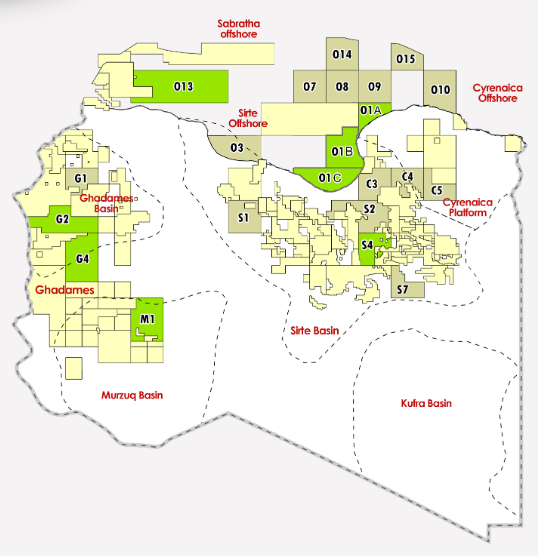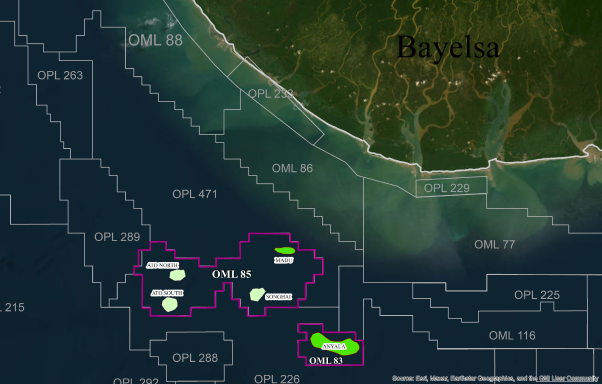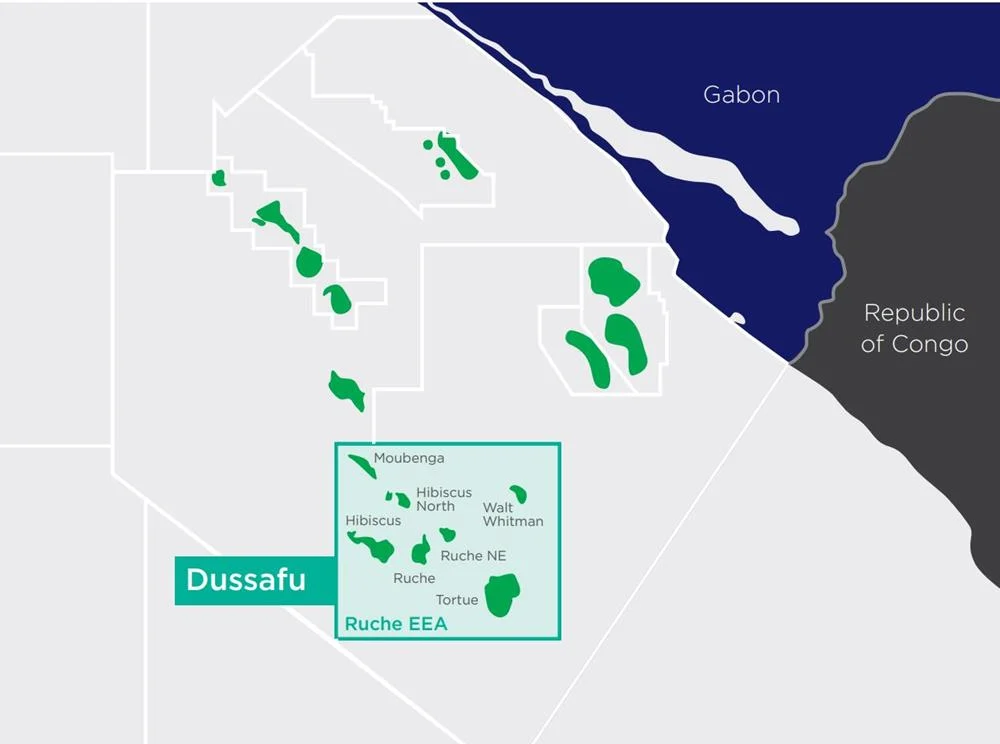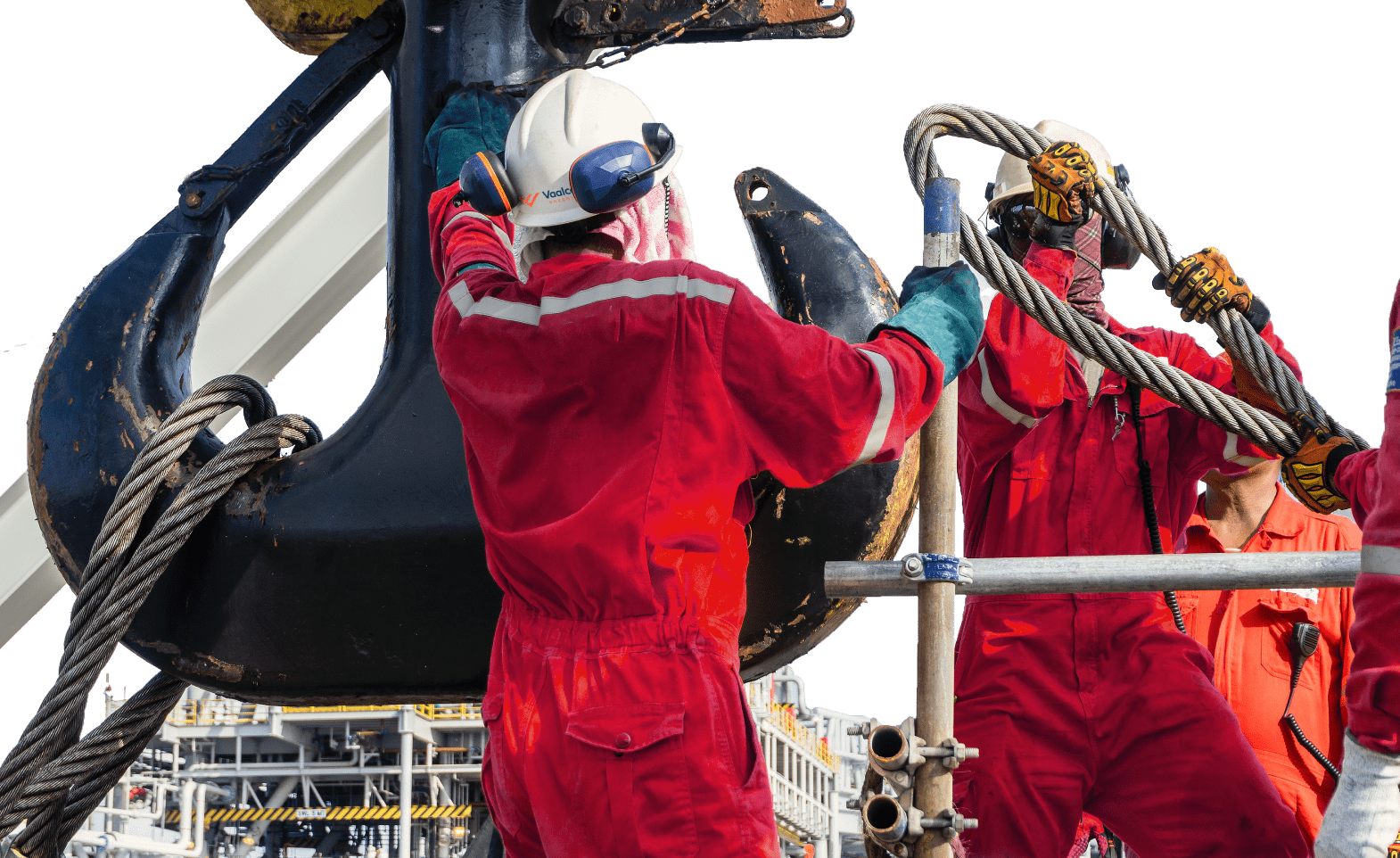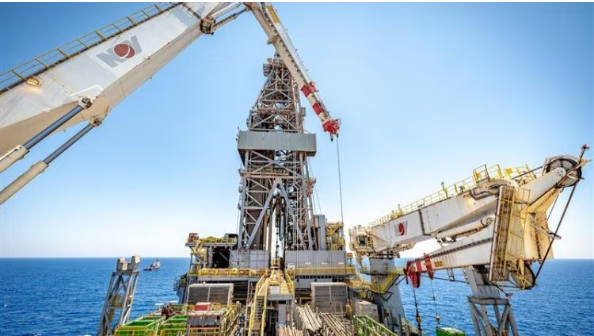TANZANIA: Wentworth and Vitol SA Partner to offset carbon emissions at Mnazi Bay from 2022
Wentworth Resources has announced it has entered into a Memorandum of Understanding with Vitol SA regarding the supply of carbon credits to partially offset the impacts of its emissions footprint at Mnazi Bay.
Highlights:
|
• |
Wentworth and Vitol will jointly develop new community-focused carbon credit programmes in Tanzania, with Wentworth committing to offtake a material portion of the carbon offsets between 2022 and 2030; |
|
• |
Wentworth and Vitol will co-design the projects with stakeholders, local implementation partners and Government, thereby ensuring the co-benefits of the projects are aligned to the UN Sustainable Development Goals and creating immediate, positive outcomes for the partnering communities associated with Wentworth’s working interests and operations; |
|
• |
The immediate objective is for Wentworth to offset all Scope 1 and 2 emissions and partially offset Scope 3 emissions from 2022; |
|
• |
Vitol and Wentworth will be co-financing the programmes, demonstrating a united commitment to deliver tangible impacts to the communities and country in which Wentworth supplies natural gas; |
|
• |
All credits will be registered with international accreditation bodies, such as VERRA or Gold Standard; |
|
• |
The carbon offsetting programmes and emissions reporting will be independently audited from 2022. |
Increasing affordable, reliable and cleaner energy access in Tanzania
In Q2 2021, Wentworth launched its inaugural Sustainability Report identifying climate change mitigation and greenhouse gas emissions reduction as key strategic priorities for the business, to safeguard the interests of all its stakeholders within Tanzania and outside. To further formalise its strategic focus on climate action and its broader ESG priorities, Wentworth formed a Board Sustainability Committee in September of this year, providing greater oversight of the business’ ESG risks and opportunities.
As a domestic natural gas producer in Tanzania, Wentworth is playing a critical role in increasing energy access for communities across Tanzania whilst simultaneously decarbonising the energy mix away from higher emitting fuels such as HFO and diesel and replacing it with lower carbon natural gas which works hand-in-hand with hydropower to support grid reliability.
With only 33% of the country’s population with access to electricity and 7.7 million households without access to power, there is a significant opportunity for Wentworth to transform Tanzanian lives and communities by making electricity more accessible, reliable and affordable. [1]
Commitment to responsibly manage Wentworth’s emissions footprint
Scope 1 and 2 emissions
In its Sustainability Report, Wentworth measured its emissions footprint in line with the Greenhouse Gas Protocol. Scope 1 and 2 emissions at Mnazi Bay demonstrated an emissions intensity in 2020 of 0.42kg/CO2 boe (1,676.9t CO2 e), one of the lowest in the UK-listed E&P sector.
Whilst Wentworth’s emissions footprint is proportionately lower than most on a Scope 1 and 2 intensity basis, the business recognises that it must take continuous action to minimise its impacts in the most responsible way for all of its stakeholders.
Wentworth believes it has responsibility as an engaged and active owner of Mnazi Bay to work with its joint venture partners, investors, regulators and host country to accelerate its decarbonisation as swiftly as possible.
Ongoing emissions reduction is a key driver of Wentworth’s strategy and as non-operator at Mnazi Bay, the business intends to work closely with its operator and partner Maurel et Prom to identify innovative solutions to further lower its Scope 1 and 2 emissions in the near and medium term.
Wentworth has made good progress during 2021 on reducing its Scope 1 and 2 emissions and looks forward to providing an update on its emissions reduction measures in its 2021 Sustainability Report.
Scope 3 emissions
Whilst Wentworth’s Scope 3 emissions represent the largest proportion of its overall emissions, the business recognises the role that natural gas has played in reducing the emissions intensity of the energy mix in Tanzania whilst also rapidly increasing energy access to some of the country’s most vulnerable communities in both rural and urban areas.
To ensure it takes responsibility for emissions generated across its entire value chain, Wentworth will seek to partially offset its Scope 3 emissions from 2022.
Near zero gas flaring
Wentworth has minimal flared emissions in comparison to its industry peers, with a pilot flare used solely as a mandatory safety mechanism. Safety flares accounted for 7% of its Scope 1 emissions in 2020 (118t CO2 e).


